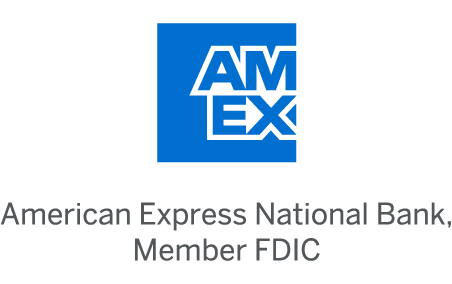Here's What Happens if You Deposit $10,000 in Your Bank Account
KEY POINTS
- The Bank Secrecy Act requires banks to report all deposits over $10,000.
- They'll need to submit a Currency Transaction Report to the Financial Crimes Enforcement Network (FinCEN).
- You don't have to worry about this report -- unless you're engaging in illegal activity.
Depositing $10,000 into your bank account probably isn't something you do everyday. But it can happen if you come into a large amount of money at once, say because you sold a car or a rich old uncle gave you a very nice holiday gift.
When you do deposit such a large sum, you should be aware that it's going to result in some extra paperwork. Fortunately, it's not your responsibility to do that paperwork. It's also usually nothing to worry about, unless your behavior raises suspicions with the government.
Here's what you need to know about making a $10,000 deposit, along with some tips to help you avoid having the Feds show up at your door.
The government wants to know if you're putting a lot of money in the bank
If you make a deposit or a withdrawal of $10,000 or more in your checking account, this triggers a requirement under a law called the Bank Secrecy Act. Under the law, your bank must fill out a form, called a Currency Transaction Report, which it files with a division of the U.S. Treasury called the Financial Crimes Enforcement Network (FinCEN).
Our Picks for the Best High-Yield Savings Accounts of 2024
|
Capital One 360 Performance Savings

APY
4.25%
Rate info
See Capital One website for most up-to-date rates. Advertised Annual Percentage Yield (APY) is variable and accurate as of April 11, 2024. Rates are subject to change at any time before or after account opening.
Min. to earn
$0
|
APY
4.25%
Rate info
See Capital One website for most up-to-date rates. Advertised Annual Percentage Yield (APY) is variable and accurate as of April 11, 2024. Rates are subject to change at any time before or after account opening.
|
Min. to earn
$0
|
|
American Express® High Yield Savings

APY
4.25%
Rate info
4.25% annual percentage yield as of June 27, 2024
Min. to earn
$1
|
APY
4.25%
Rate info
4.25% annual percentage yield as of June 27, 2024
|
Min. to earn
$1
|
|
Citizens Access® Savings

APY
4.50%
Min. to earn
$0.01
|
APY
4.50%
|
Min. to earn
$0.01
|
The Currency Transaction report will include some details that your bank collects and verifies from you. Specifically, your name, Social Security or taxpayer ID number, account number, and deposit details will be sent over to FinCen.
This will not impact your bank account, the time it takes for your bank to clear your deposit, or really much else about your life. Most banks have automated the process, and those that haven't take care of it manually without you having to do anything special.
The purpose of the requirement isn't to stop you from making a big deposit, but instead to catch suspicious activity such as money laundering or other criminal activities. If you aren't engaging in those behaviors, you can pretty much forget the bank even had to file the paperwork and just move on with your life.
Don't try to avoid the reporting requirement
Now, you may not be comfortable with Uncle Sam getting a report of your bank deposits even if you've done nothing wrong. But don't be tempted to try to get around the reporting requirement by breaking up your $10,000 deposit into a series of smaller ones.
If you do, you're actually breaking the law and engaging in something called structuring. Banks can be pretty good at spotting this, and when they do, they'll file a Suspicious Activity Report (SAR) to FinCen. This can trigger an investigation that can cause you a lot more hassle and potentially even lead to consequences for trying to evade reporting requirements.
Your bank doesn't have to tell you when it filed a SAR either, so you may not know until you're getting some uncomfortable questions from federal officials.
Rather than risking trouble, just make your full $10,000 deposit when you need to as long as you aren't committing any financial crimes. Once you've deposited it, you may want to consider buying a certificate of deposit (CD) with it if you don't have other plans and won't need the money for a while. CDs are offering pretty competitive rates right now, and $10,000 is a pretty big chunk of change to leave in your checking account.
These savings accounts are FDIC insured and could earn you 11x your bank
Many people are missing out on guaranteed returns as their money languishes in a big bank savings account earning next to no interest. Our picks of the best online savings accounts could earn you 11x the national average savings account rate. Click here to uncover the best-in-class accounts that landed a spot on our short list of the best savings accounts for 2024.
Our Research Expert
We're firm believers in the Golden Rule, which is why editorial opinions are ours alone and have not been previously reviewed, approved, or endorsed by included advertisers. The Ascent, a Motley Fool service, does not cover all offers on the market. The Ascent has a dedicated team of editors and analysts focused on personal finance, and they follow the same set of publishing standards and editorial integrity while maintaining professional separation from the analysts and editors on other Motley Fool brands.
Related Articles
View All Articles